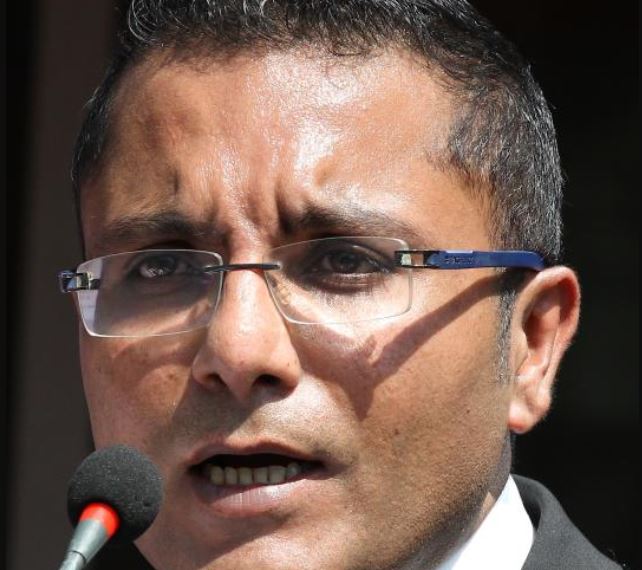×
The Standard e-Paper
Home To Bold Columnists
Some people say that you have to lose money to make money. But what if the loss is too great to bounce back? Five entrepreneurs share what they have learnt the hard way.

Cheap is very expensive